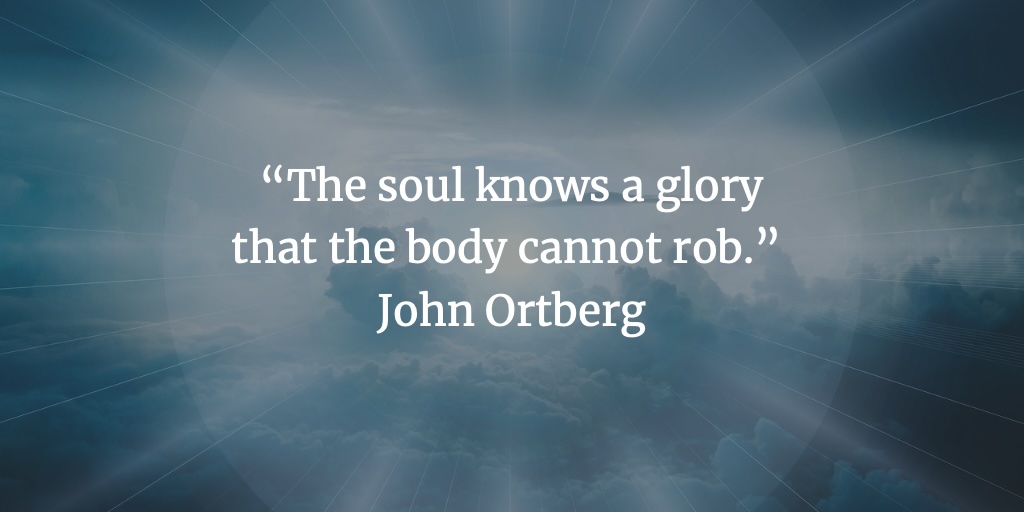
Laura and I have always been amazed at the athletic strength, beauty, grace, and determination on full display during the Olympics. Like many of you, we cheered as Stephen Nedoroscik, the pommel horse specialist, delivered a near-perfect routine to help the U.S. men’s gymnastics team win a bronze medal and reach the platform for the first time in sixteen years.
We celebrated Simone Biles’ determination to reach the finals for the U.S. women’s gymnastics team despite her calf injury. And we wait with great anticipation to see whether Katie Ledecky will become the most decorated women’s swimmer in Olympics history.
While the physical endurance, prowess, agility, and strength of these almost super-human athletes are undoubtedly remarkable, what amazes me the most is their inner fortitude, determination, mental preparation, and emotional control. Another way to say it is that what separates the best athletes from the rest is their “soul strength.”
And yet, we live in a culture that leaves little room for the notion of the soul. A philosopher named Owen Flanagan says there is no place in science for the soul: “Desouling is the primary operation of the scientific image” (Soul Keeping, 29).
Despite a soul-less culture, the Olympics reminds us that physical strength, though highly valued, falls short without soul strength.
On the opposite end of the spectrum of physical strength and beauty is a woman named Patricia, who suffered from the effects of diabetes, a heart attack, and two strokes. John Ortberg tells the story that Pat went blind, went into renal failure (which required dialysis), and had both her legs amputated—all while only in her thirties.
Pat was part of a church in Washington, D.C., that wanted to create a homeless shelter, but no one stepped up to lead the charge. So, Pat volunteered. In between dialysis and amputations and comas, she pulled together a team and got the zoning changes, architectural help, and fundraising done. When she died after the shelter’s first successful year in operation, homeless people stood next to U.S. Cabinet members, such as Secretary of State James Baker, at her funeral (idem.).
Simone Biles and Patricia could not be further apart when it comes to physical strength, but one thing they have in common is soul strength. For top athletes, the only way to handle the pressure of performing in front of hundreds of millions is to have a strength of soul that elevates you above the physical stress and surroundings. And for someone like Patricia, the only way to handle a body that fails you at every turn is through the same means: the strength of your soul. As Ortberg writes, “The soul knows a glory that the body cannot rob” (ibid., 30).
As one should expect, Jesus had a lot to say about the soul: “And do not fear those who kill the body but cannot kill the soul…. Take my yoke upon you, and learn from me, for I am gentle and lowly in heart, and you will find rest for your souls…. For what will it profit a man if he gains the whole world and forfeits his soul?” (Matthew 10:28; 11:29; 16:26).
Some people may claim that all you are is your body—whether it’s a body that shines or a body that revolts. But we know better, don’t we? Because we see it in real time through the likes of Simone Biles and Patricia. Physical victory or defeat is far less significant than greatness of soul. And through Jesus, greatness of soul is available to all.
